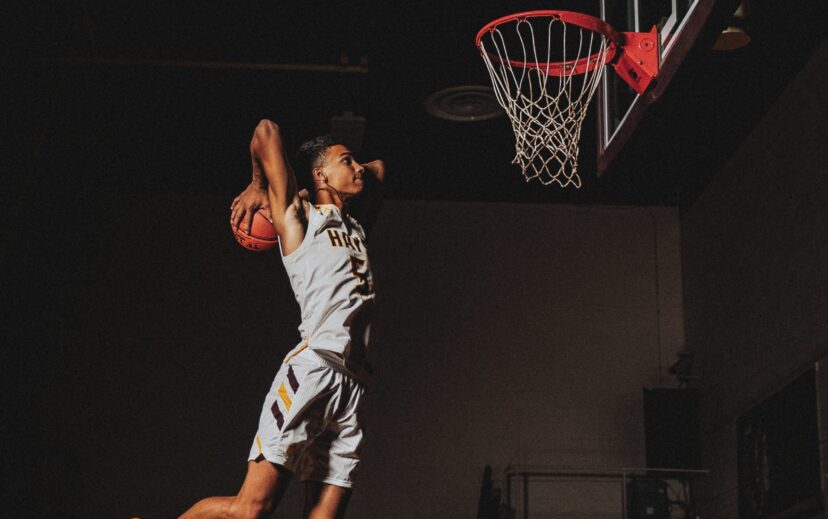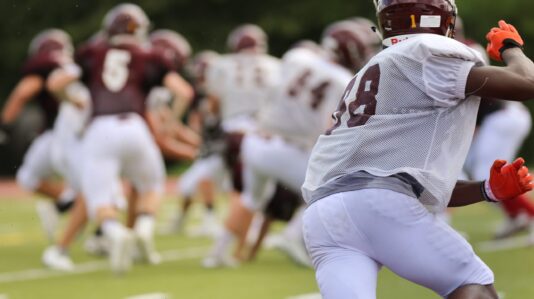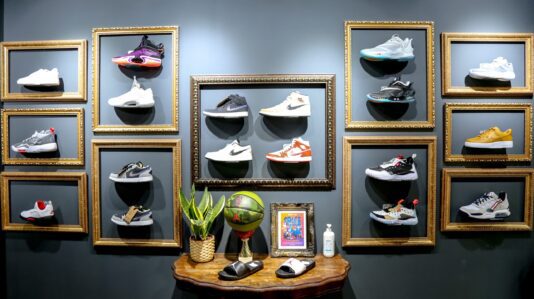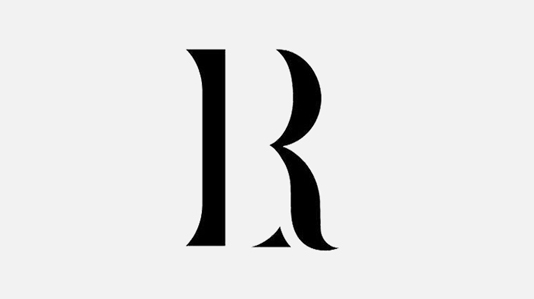Thanks to a recent NCAA interim policy change and a new state law, student-athletes in Florida can now monetize their name, image, and likeness (NIL). This change will allow student-athletes to earn money through endorsement deals, advertising contracts and so much more.
What does the law say?
Florida, like 7 other states around the United States, passed name, image, and likeness (“NIL”) legislation that came into effect on July 1, 2021. The legislation passed is similar to that of other states and the NCAA’s interim NIL policy, in that, among other things, student-athletes will be able to be compensated off of their NIL without risking eligibility and/or their scholarships.
However, there are also components that are specific to Florida. For instance, the law states:
- Any attorney representing an athlete must be in good standing with the Florida Bar.
- All agreements may not extend beyond the athlete’s eligibility.
- Schools must provide financial literacy workshops for the athletes.
Within Florida, each school can implement their own policy in accordance with the law. The University of Florida (UF) was the first school to publicly release their NIL rules. Some key sections of their policy include:
- NIL opportunities cannot conflict with academic or team related activities.
- Rights must be secured from Gator Sports Properties, the multimedia rightsholder and sports marketing arm for the University Athletic Association that collaborates with UF, for use of any University or athletic department marks and logos.
- Prohibition of association with gambling and sports wagering vendors or any vendors associated with athletic performance enhancing drugs.
- All agreements must be disclosed within four days but is expressly not an approval process.
- Representation must be limited to NIL and may not include future professional athletic contract negotiations. The duration of a contract for representation of student-athlete or compensation for the use of Name, Image and Likeness may not extend beyond the athlete’s participation in the athletic program at an institution.
Included in these guidelines was a provision that stated university boosters “may not compensate or arrange compensation to a current or prospective intercollegiate athlete for her or his name, image, likeness.” This provision seems to limit student-athletes ability contract, while protecting them from possible harmful situations at the same time. However, other states and universities allow school boosters to offer endorsement deals and compensation to students. It will be interesting to see if this provision will hurt or help UF’s recruitment of student-athletes and athletic programs in the future.
What has happened so far?
The newly effective NIL laws in Florida were quickly utilized by student-athletes within the first 4 weeks. University of Miami Quarterback, D’Eriq King, was amongst the first college athletes to cash in on the new NIL laws. On the first day NIL benefits were allowed in Florida, King signed 3 separate endorsement deals, with College Hunks Hauling Junk Moving Company, Murphy Auto Group, and the Wharf – an open-air bar. Rather than using a state licensed attorney/agent, King is being represented by his 25-year-old brother turned manager.
King is also teaming up with a fellow Florida student-athlete, Florida State Quarterback McKenzie Milton. Just after midnight on July 1, 2021, King and Milton signed as co-founders of Dreamfield. Dreamfield is an NIL-based platform focusing primarily on booking live events for student-athletes, including autograph signings, meet-and-greets and speaking engagements. King and Milton will also use Dreamfield in order to break into the non-fungible token (NFT) field. Milton is set to be the first active collegiate athlete to have an NFT digital card, while King has his sights on his own by the end of July.
The Florida Panthers, of the NHL, are the first professional American sports franchise to get involved in collegiate NIL deals. The franchise is setting up a program in which the Panthers will offer merchandise to college athletes that sign up, along with opportunities for college-athletes to earn money through social media marketing campaigns. These athletes will get paid either per post or per campaign. This is the first opportunity for student-athletes to partner with a professional club. The Panthers are also valuing diversity and plan to ensure that female athletes are part of the program. This program allows the athletes to use a professional sports team as an extension of influencer marketing.
Dan Lambert, a Florida businessman, entered the NIL field in a way dissimilar to anyone else. Lambert created a private marketing company called “Bring Back The U” and subsequently offered every scholarship player on the University of Miami football team a $600 per month contract to endorse his company, American Top Team, through social media platforms. If all 90 scholarship players choose to accept, Lambert’s investment will amount to $540,000 and be one of the most lucrative NIL deals to date. To ensure that he remained in compliance with the law, Lambert had multiple conversations with the University’s compliance department and hired a Florida attorney to advise him. The law only prohibits an entity that has directly supported the university or athletic department from facilitating these deals. However, Lambert’s new company has no relationship with either and is thus acting in line with state, NCAA and school policies.
Conclusion
As NIL laws are rapidly being passed and implemented, the state of Florida has already begun seeing the positive impact these new laws are having upon not just the student-athletes but also the universities and local businesses. If you need assistance developing an appropriate policy to comply with state law or you are an athlete, school, or business looking for guidance on complying with the NCAA rules and state law, contact our attorneys.
Photo by August Phlieger on Unsplash




